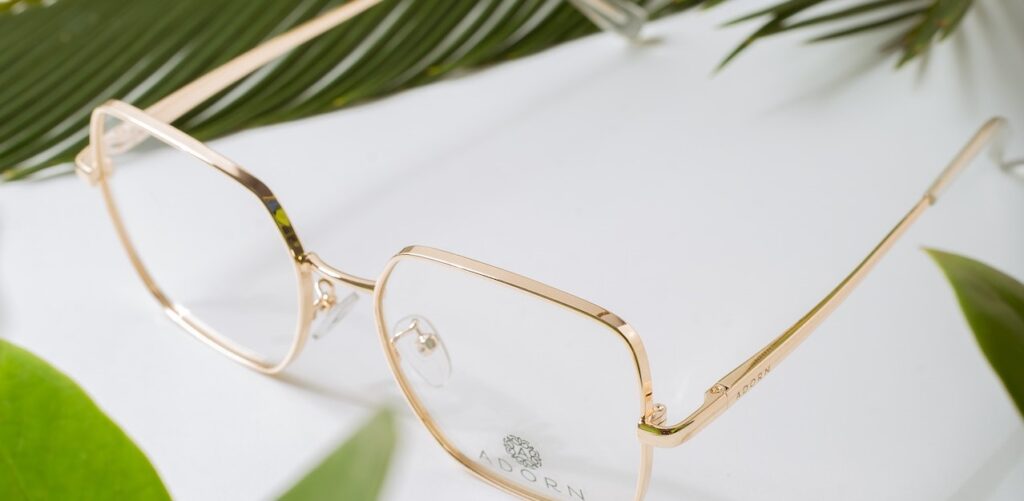By Joseph Staples // SWNS
NEWS COPY W/ VIDEO + INFOGRAPHIC
Four-eyes-friendly vacation? A new poll has revealed that half of bespectacled Americans missed out on at least one activity from their vacation because they wear glasses or contacts.
The survey of 2,000 Americans who wear glasses or contacts and travel found that they missed out on activities while traveling including watersports (24%), physical activities (13%) and going to the pool (13%).
A third (36%) said they worry about breaking their glasses or losing their contacts while on vacation and 22% said it has actually happened to them.
As a result, 17% will base their travel decisions around the fact that they wear glasses or contact lenses.
Commissioned by the Refractive Surgery Council and conducted by OnePoll, the study found one third of travelers who rely on vision correction to see, choose to forego their glasses and contacts entirely while traveling, simply because they’re worried it would compromise their experience.
A third said they could probably last less than a day in a foreign country without access to their glasses or contacts. Nearly as many (32%) admitted they would enjoy traveling more if they didn’t need their eyewear.
“For people who need to rely on glasses and contact lenses while traveling, they make compromises they may not even be aware of that can diminish the overall experience – from the activities they choose to where they visit,” said William Wiley, M.D. medical director of the Cleveland Eye Clinic and Clear Choice LASIK Center, who also currently serves as president of the American-European Congress of Ophthalmic Surgery. “These travelers’ issues go beyond the extra pairs of glasses, contact lenses, cases and daily supplies they bring in their luggage to really impacting their travel and, potentially, their eye health.”
The survey also asked respondents how they navigate their travel plans with eyewear. It found eyeglasses were found to be the “top must-have” for 78% of respondents, followed by portable chargers (51%) and prescription sunglasses (24%).
Eyewear being a must-have makes sense, considering how seeing the sights was deemed the favorite activity for 48% of travelers. In fact, 52% of glasses and contact wearers believe vacations “aren’t worth it” if they can’t do some sightseeing.
Other popular activities included eating local cuisine (37%), relaxing (33%) and making new memories (29%).
Fifty-five percent go without their glasses or contacts if they’re in a pool or the ocean. Only 28% would keep their glasses on and 23% would keep their contacts in.
“Travel has been a top priority for many these past few years,” said Wiley. “And while seeing and experiencing new sights is important to invigorating our senses – especially vision – travelers also need to be sure to practice good hygiene and not compromise eye safety because contact lenses aren’t recommended in the pool, the ocean or other types of open water.”
Perhaps as a result of these vacation conundrums, 55% believe having vision correction surgery such as LASIK would make their travel experience better and 40% stated the surgery would protect their investment in travel experiences.
The average glasses wearer owns two pairs of glasses and will bring both with them while traveling or on vacation. Meanwhile, the average contact wearer will bring three extra pairs with them while traveling.
Over half (57%) said they store their glasses and contact lenses in their personal bags whenever they travel — but 36% store them in their carry-on luggage and 12% in their main luggage.
TOP 10 “MUST-HAVES” WHEN PACKING
- Eyeglasses - 78%
- Portable charger - 51%
- Prescription sunglasses - 24%
- Sunscreen - 21%
- Contact lens supplies - 21%
- Eyeglass case - 20%
- Hand sanitizer - 15%
- Water bottle - 14%
- Travel-size shampoo/conditioner - 14%
- Artificial tears or eye drops - 12%
Survey methodology:
This random double-opt-in survey of 2,000 Americans who wear glasses or contacts and travel was commissioned by The Refractive Surgery Council between August 25 and August 31, 2023. It was conducted by market research company OnePoll, whose team members are members of the Market Research Society and have corporate membership to the American Association for Public Opinion Research (AAPOR) and the European Society for Opinion and Marketing Research (ESOMAR).
